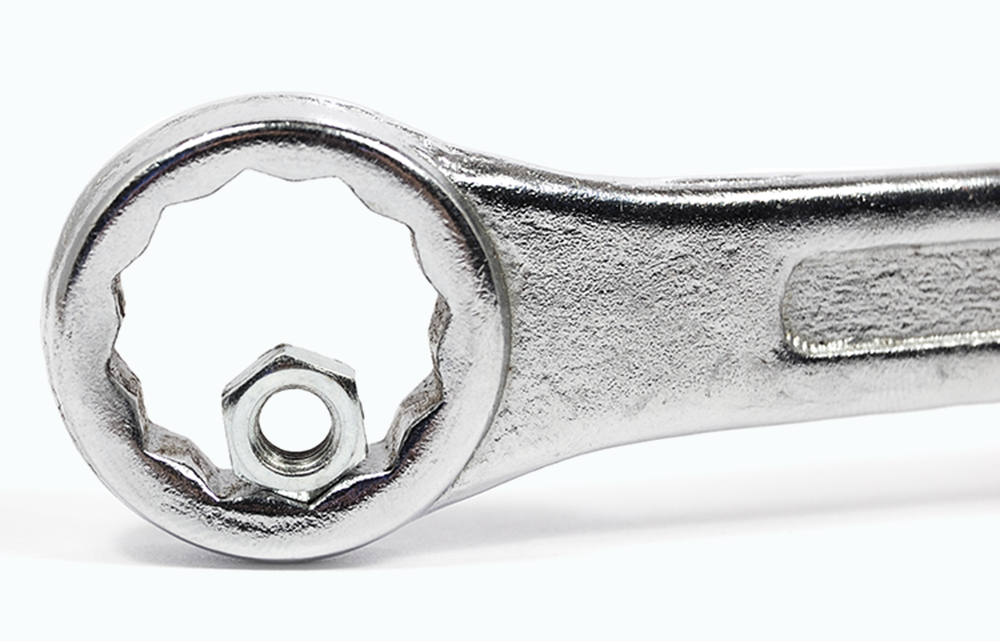Fire Protection Engineer Salary

Introduction
Understanding a fire protection engineer salary in the United Kingdom s essential for anyone considering a career in this vital part of the fire and security industry. Whether you’re just starting out or looking to boost your earnings, a range of factors can affect your income — from qualifications and experience level to location and the choice between permanent roles or subcontracting.
This article breaks down what influences salary, what a typical package looks like, and how you can increase your earning potential as a fire protection engineer in the UK.
What Does a Fire Protection Engineer Do?
A fire protection engineer is responsible for designing, implementing and maintaining fire protection systems in buildings. These systems may include fire stopping, alarms, sprinklers, and other essential equipment that reduces fire risk.
Typical tasks include risk assessment, system testing, inspections, and ensuring compliance with safety procedures and regulations. A strong knowledge of fire codes, building legislation, and corrective maintenance techniques is vital.
Factors That Influence a Fire Protection Engineer Salary
- Qualifications and Education: Holding a relevant bachelor’s degree in engineering, fire safety or building services often leads to higher salaries.
- Experience level: More years in the job generally mean higher pay, especially when paired with specialist skills or management duties.
- Location: Engineers working in areas like London or the South East typically earn more than those elsewhere in England or the UK.
- Job Title and Role Complexity: A senior protection engineer or someone handling large commercial projects will usually earn more than a junior engineer.
- Working Subcontract: Those working on a contract basis can sometimes command higher hourly rates, though this often comes with fewer benefits.
Average Salary in the United Kingdom
The ONS reports that the average salary for a fire protection engineer in the UK ranges from £35,000 to £50,000 per year. Entry-level candidates may earn closer to £30,000, while experienced engineers — particularly those in London — may exceed £55,000.
It’s also worth noting that average total compensation may include performance bonuses, pensions, vehicle allowances, and more — especially for senior or lead engineers.
Fire Engineers and Their Career Outlook
Fire engineers are in high demand across a variety of sectors, from healthcare and education to large-scale infrastructure. As fire safety standards tighten, and as buildings become more complex, there is a growing need for engineers with up-to-date training and advanced knowledge of fire safety design.
This makes it an attractive career path for both new candidates and experienced professionals in security or related fields.
What Is a Protection Engineer?
The term protection engineer covers professionals who work to ensure that systems protect life and property. In fire-specific roles, this includes everything from initial risk assessments and fire stopping to overseeing fire protection systems installation and servicing.
Some engineers may also work closely with security teams to provide integrated safety solutions.
How Further Training Can Boost Your Salary
Pursuing further training, including obtaining a bachelor’s degree, is one of the most reliable ways to increase your base salary. Many engineers take additional courses in specialist areas such as sprinkler system design, smoke ventilation, or digital modelling tools.
Professional development — through industry-recognised certifications or CPD programmes — can also help move you up the pay scale or into leadership roles within your team or wider business.
Subcontracting as a Fire Protection Engineer
Choosing to become a subcontractor can sometimes lead to higher take-home pay, especially if you’re willing to travel or work on short-notice contracts.
That said, subcontractors are typically responsible for their own training, insurance, and sometimes tools and equipment — so it’s worth factoring that in when comparing day rates with salaried roles.
The Importance of Location: London vs the Regions
Location has a big impact on pay. In London, demand is consistently high due to the volume of complex buildings, and salary packages reflect that.
In contrast, roles in other parts of England or the wider UK may offer slightly lower pay, but often come with improved work-life balance and reduced travel costs. Some employers even offer hybrid or office-based flexibility depending on the job title and nature of the work.
Base Salary vs Total Package
Don’t forget that base salary isn’t the full story. Your average total compensation may also include:
- Benefits such as paid leave, pension schemes and health insurance
- Use of a company van or car allowance
- Access to professional development programmes
- Annual bonuses or incentive schemes
Understanding the total package is key when comparing offers — especially between permanent roles and contract work.
Summary: Career Potential for Fire Protection Engineers
With the right training, credentials, knowledge, and career path, fire protection engineers can achieve strong salaries and long-term career satisfaction. Whether you’re aiming for leadership roles, exploring commercial project work, or considering subcontracting, there are clear routes to progression and increased earnings.
How CSR Can Help
At CSR, we specialise in connecting skilled fire engineers, protection engineers, and technical professionals with roles across the UK, including London and other high-demand regions. We understand the salary landscape, and we’re here to help you find the right role — whether you’re looking for your next step or just testing the market.
We are here to help you achieve your goals in the fire and security industry.
📞 Contact us today on 01708 737744 to discuss your next move.
Every Job is Easier if You Have the Right Tools
